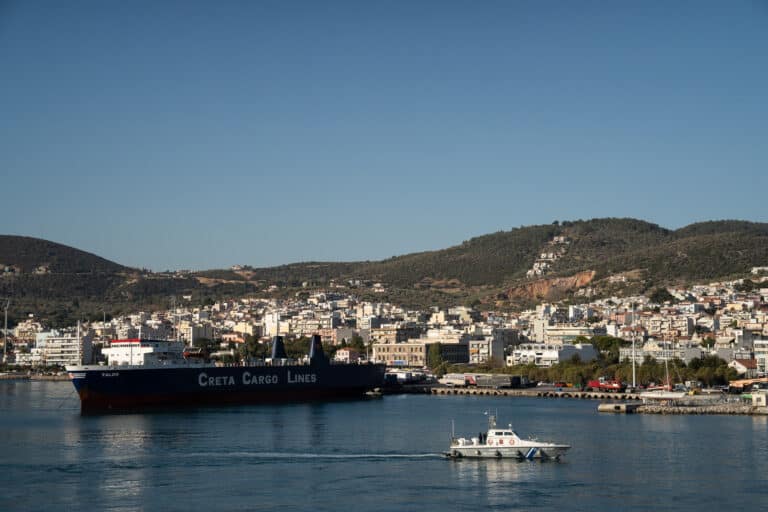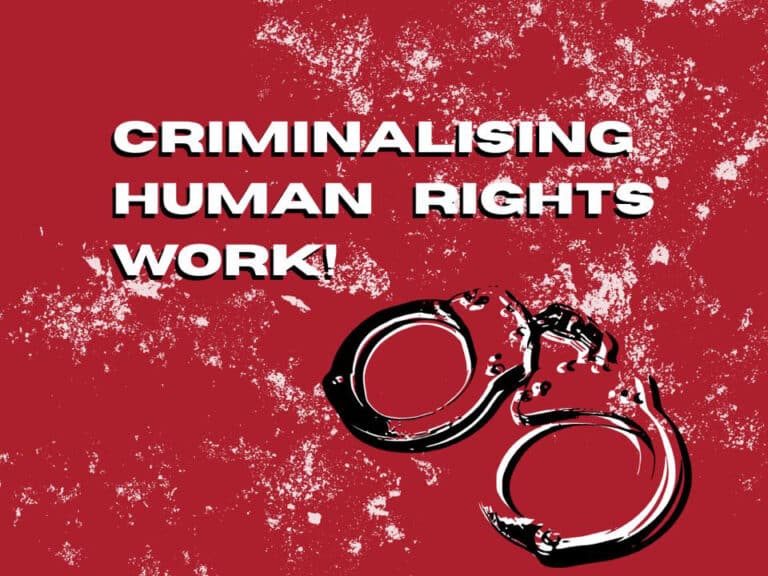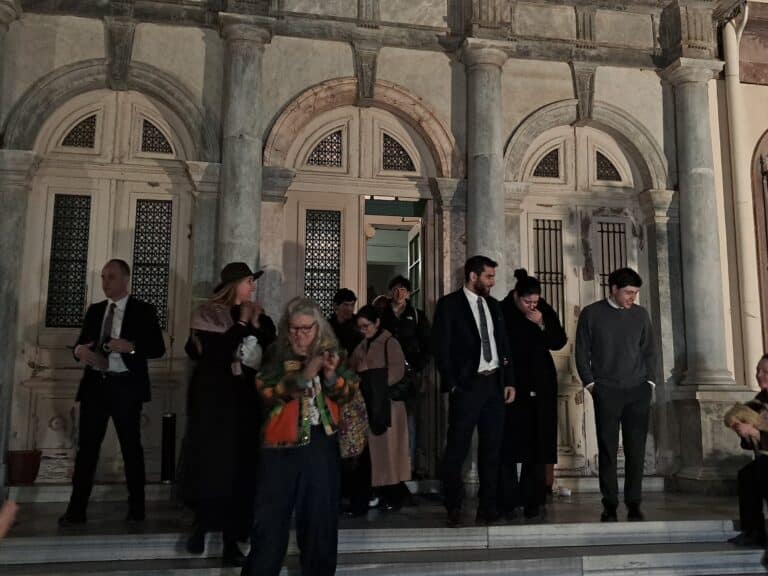CPTnet
31 August 2010
IRAQ REFLECTION: Confession of an Iranian resister
By Garland Robertson
He appeared to be about 25, attractive in traditional Kurdish attire – a dark
tan shirt with matching pants, a broad black waistband, and white shoes. He’d
read our statement in Kurdish during a rally in Suleimaniya a few weeks
earlier.
He brought to our office a report he’d written on the conditions of Iranian refugees
living in eastern Iraqi Kurdistan. He spoke of the desperate medical and
nutritional needs of more than 800 struggling families forced from Iran. He talked of many dying, some returning home to live
their final days in a familiar setting. He wondered if we could arrange a
meeting with the United Nations High Commission for Refugees (UNHCR) agency in Erbil to
introduce these issues and advance a plea for emergency assistance. We agreed
to try, and also offered to accompany him on a visit to the International
Committee of the Red Cross (ICRC) here in Suleimaniya.
He then talked about growing up Kurdish in western Iran, being recruited at age 17 by a Kurdish resistance
party in Iran and taught to kill targeted Iranians. He told of
specific assassinations he’d been involved in, including following directions
to kill the father of a close friend. He talked of friends and other soldiers killing
themselves, unable to manage the images that haunted them after shooting others
and seeing blood splash against the wall. He told of being passionate for and
excelling in this activity and eventually attaining a high rank in the party,
having multiple guards with him always. He spoke of how he had trained others
to kill and to make bombs.
Then he explained why he decided to leave the party and try to influence
Kurdish youth in Iran not to resist Iranian oppression the way he once had.
He talked about forming, with a few others, a new alliance committed to nonviolently
resisting his people’s suppression. He explained that very young people without
much to do are easily persuaded by the violent parties’ recruiters. He informed
us of a letter he’d
received from a Gandhi foundation commending his decision, applauding the
courage it required and affirming nonviolence’s effectiveness in accomplishing
revolution.
He explained how resisting parties complicate the lives of persons who forsake
their membership. He talked about how, in addition to reporting on the circumstances
of Kurds in Iran, he is now also taking the risk of promoting the
alternative alliance. He thanked us for listening to him and offering to help
him meet with UNHCR and ICRC officials, then left our office for another
appointment.
It is one thing to sit in a comfortable, safe environment and talk about the courage
needed to embrace nonviolence in the context of active armed conflict. It is a
different thing entirely to commit to nonviolence when the choice means not
only openly exposing oneself to unpredictable consequences by passionately
working for peaceful revolution, but also breaking allegiance with a violent
company that actively pursues traitors. Sirwan is a courageous man, a hero for
us all.



